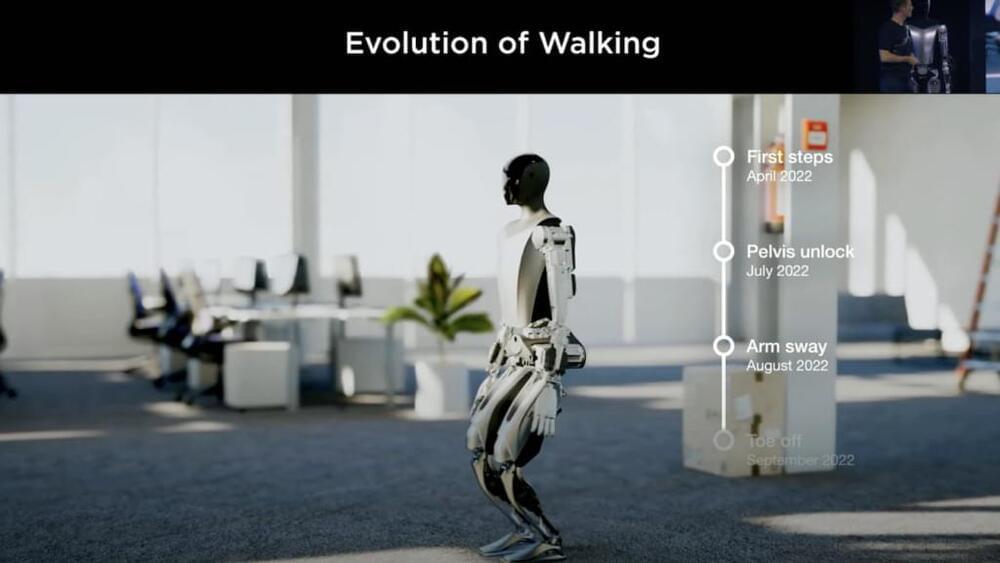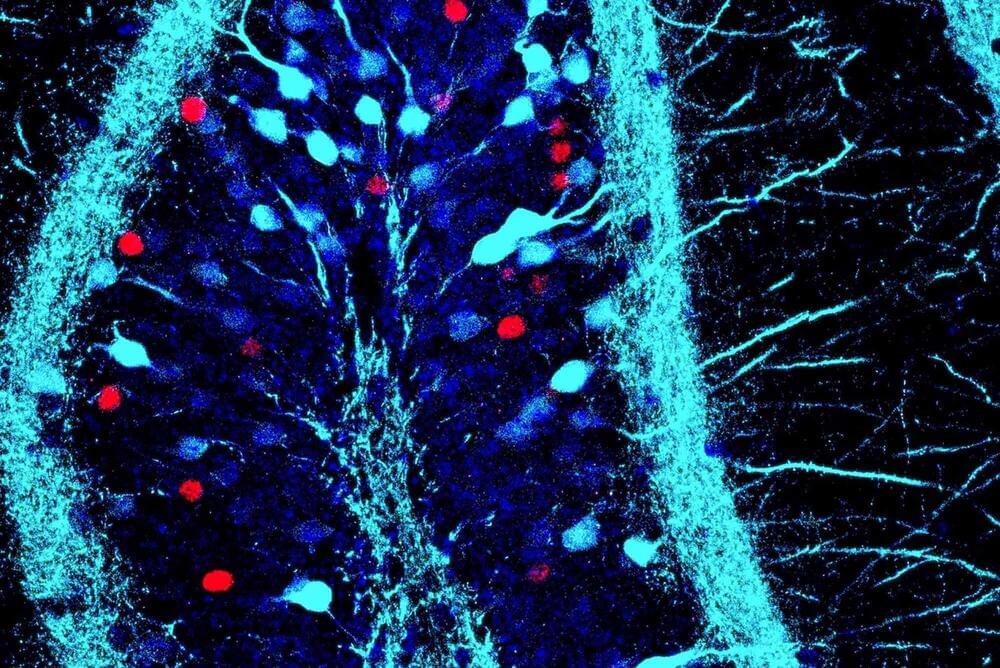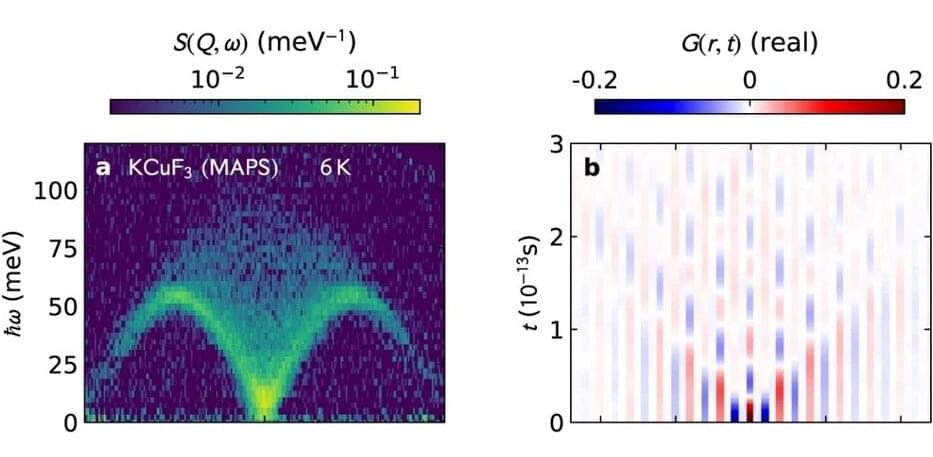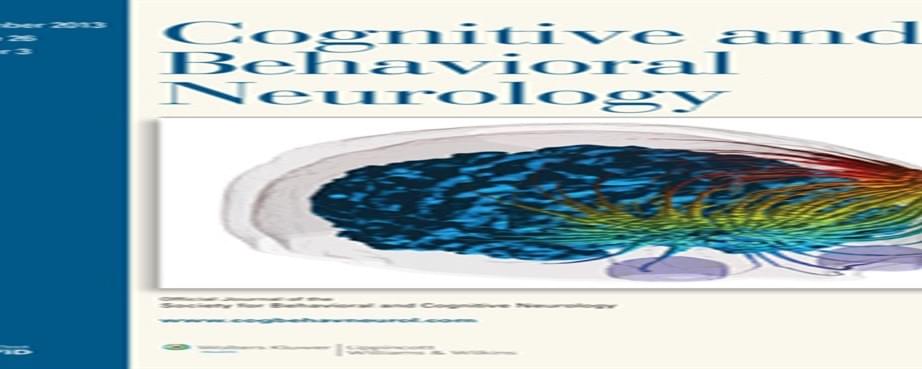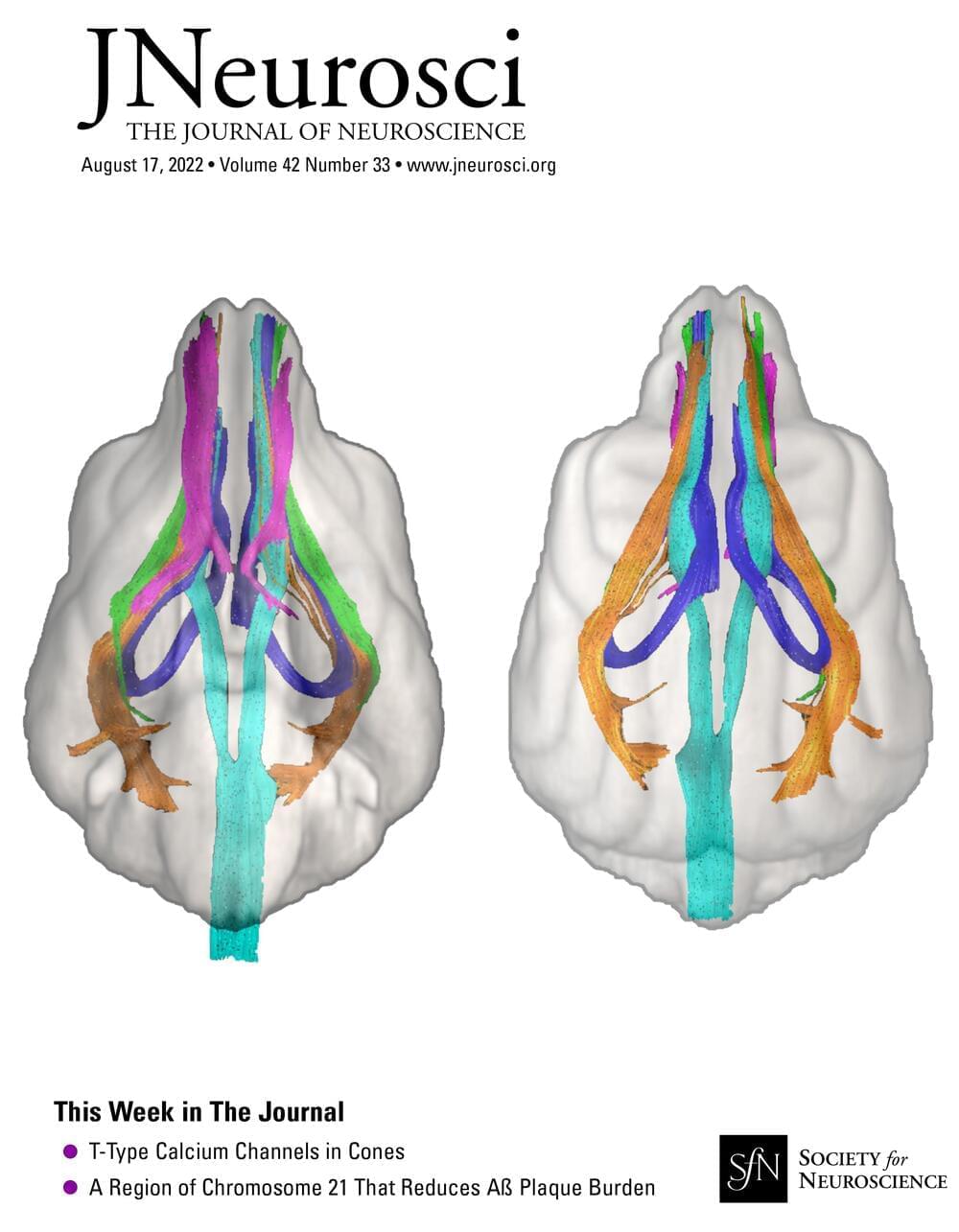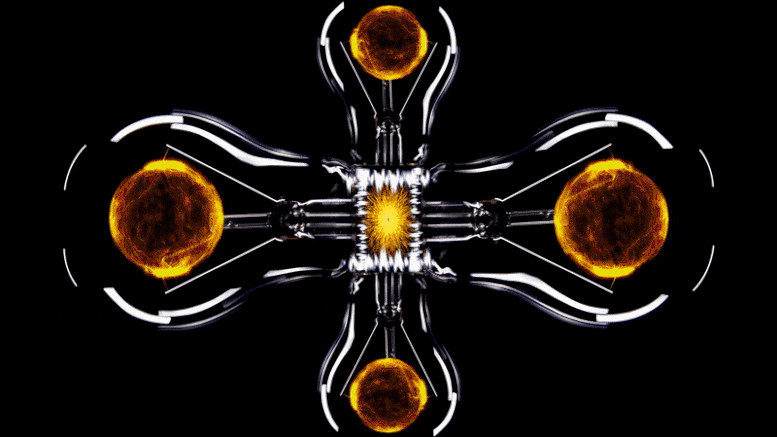I’m not a robotics expert, so I’ve been particularly keen to hear what robotics experts think of Tesla’s Optimus presentation the other day. The core arguments from Elon Musk and many Tesla fans regarding why Optimus is such a big deal are: Tesla will find a way to mass produce it at relatively low cost, Tesla is adding a brain to the robot, and it needs to be in the form of a human so that it can perform tasks designed to be done by humans. I don’t see any strong arguments against those things, but I know they are broad-brushed claims and quite vague. What about the details that I can’t see, that a common Tesla fan can’t see, and that perhaps even an engineer working on Optimus can’t see?
Let’s start with Dennis Hong. Dennis is a professor of mechanical & aerospace engineering at UCLA. He’s Director of RoMeLa: Robotics & Mechanisms Laboratory. With this title and being an independent expert in the separate world of academia, I was particularly interested to see his opinion. He was clearly excited as AI Day 2 arrived, but not in a sycophantic way. Luckily, he put his thoughts in a good little 13-post Twitter thread.
